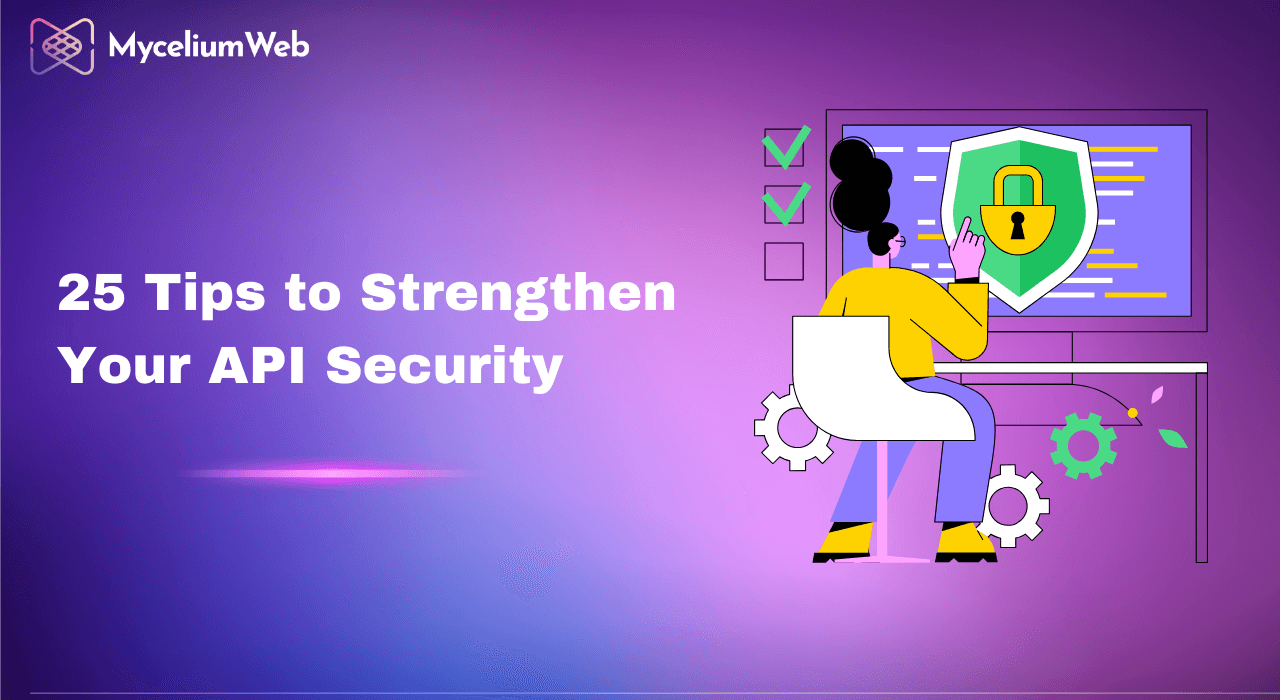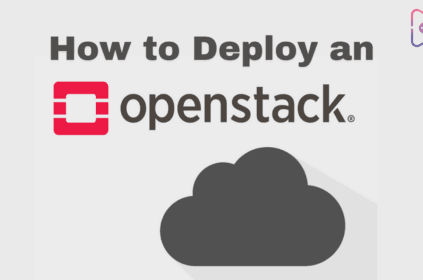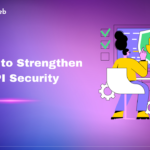API security isn’t just about protecting data—it’s about building trust and ensuring seamless digital experiences.
APIs (Application Programming Interfaces) are the glue that holds the digital world together. From mobile apps to cloud platforms, APIs power our daily online experiences. However, as APIs grow in importance, they also become prime targets for cyberattacks. If you’re running any digital service, you need to prioritize API security—and the good news is, it’s not as complicated as it might seem.
In this guide, I’ll share 25 practical tips to strengthen your API security in just minutes. These are straightforward, effective strategies that you can implement today to protect your systems, your users, and your peace of mind.
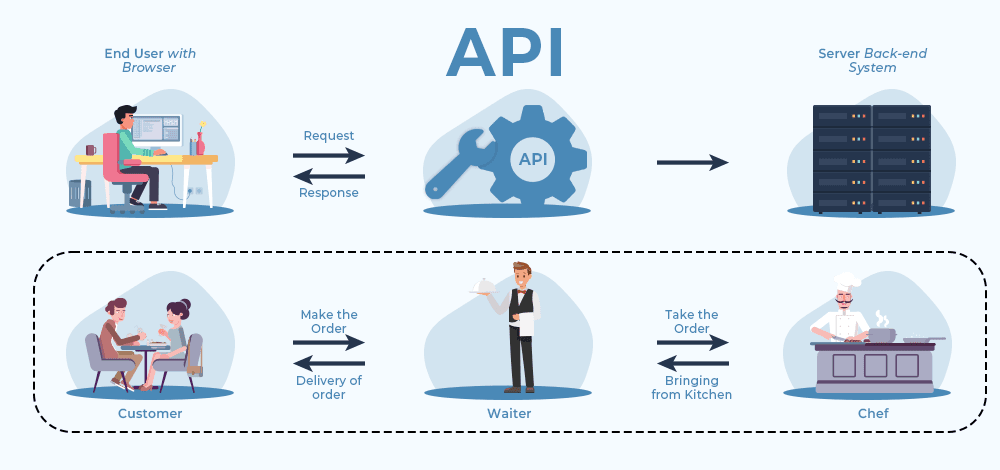
Why API Security Should Be Your Top Priority
Imagine this: your application is running smoothly, your customers are happy, and then—boom—a data breach hits. Suddenly, sensitive information is exposed, your users lose trust, and your business takes a hit.
Most breaches start with an insecure API. Hackers love APIs because they provide direct access to sensitive data. That’s why securing your APIs isn’t optional; it’s essential. By implementing the following tips, you’ll not only safeguard your systems but also build trust and resilience.
Let’s dive in!
25 Tips to Strengthen Your API Security
1. Use HTTPS Everywhere
Start with the basics: make sure all API communication happens over HTTPS. This encrypts the data transmitted between clients and servers, preventing interception.
Think of HTTPS as the secure lock on your data’s front door.
2. Authenticate Every Request
Use robust authentication protocols like OAuth 2.0 or OpenID Connect. Make sure only authenticated users can access your APIs.
3. Practice Least Privilege Access
Not every user or system needs full access. Limit permissions to the minimum required, reducing exposure in case of a breach.
Protecting API Endpoints
4. Validate All Input Data
Malicious payloads can wreak havoc on your system. Validate all incoming data to ensure it fits the expected format.
If you’re expecting numbers, don’t accept letters—it’s as simple as that.
5. Secure Your API Keys
Treat your API keys like passwords: never hard-code them into your application. Use secure storage like environment variables or secret management tools.
6. Throttle API Requests
Set rate limits to prevent abuse and protect against Distributed Denial of Service (DDoS) attacks.
Think of it as setting a speed limit on your API highway.
7. Enable Cross-Origin Resource Sharing (CORS) Rules
Specify which domains can access your API. This prevents unauthorized access from malicious websites.
Strengthening Infrastructure
8. Use API Gateways
An API gateway acts as the gatekeeper, handling authentication, rate limiting, and traffic monitoring. Tools like Kong, AWS API Gateway, or Azure API Management are lifesavers.
9. Encrypt Sensitive Data
Encrypt data both at rest (when stored) and in transit (when transmitted). Even if hackers get their hands on it, encrypted data will be useless to them.
10. Monitor API Traffic for Anomalies
Keep a close eye on API usage. Sudden spikes in traffic or unusual activity could indicate an attack.
Think of this as your API’s security camera—watch everything.
11. Adopt a Zero-Trust Model
Treat every request as untrusted, even those from inside your network. Verify and authenticate everything.
For further security strategies, including tactics that extend to mobile app environments, consider exploring advanced mobile app security tactics to defend against cyber attacks.
12. Keep Your APIs Updated
Regularly update your API frameworks and libraries to patch vulnerabilities.
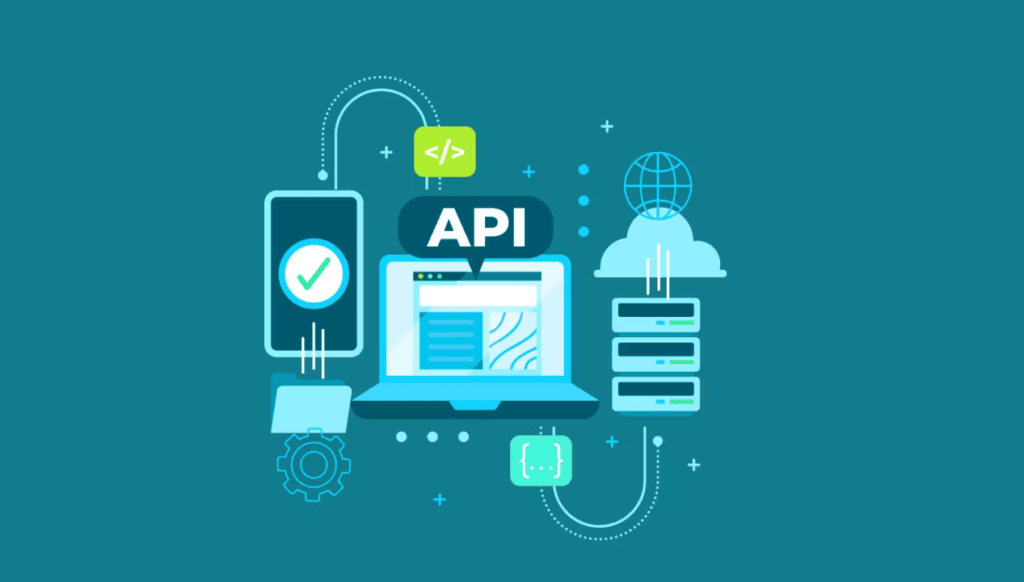
Coding Practices for API Security
13. Avoid Exposing Sensitive Information in Error Messages
Error messages can give hackers clues about your system. Keep them generic and log detailed errors privately.
14. Use Strong Password Policies
For APIs requiring user accounts, enforce strong password rules. Consider multi-factor authentication (MFA) for added security.
15. Log and Monitor API Activity
Maintain detailed logs of API activity. Logs can be a goldmine for troubleshooting and detecting potential attacks.
Advanced Tips for API Security
16. Implement Token-Based Authentication
Token systems like JWT (JSON Web Tokens) provide a secure and scalable way to manage authentication.
17. Deprecate Old API Versions
Older API versions can harbor vulnerabilities. Regularly phase out outdated versions to keep your system secure.
18. Test Your APIs Regularly
Conduct penetration testing and vulnerability assessments to identify potential weak spots.
Think of this as a regular health checkup for your API.
19. Invest in Threat Intelligence
Stay informed about emerging threats and attack vectors. Use threat intelligence feeds to bolster your defenses.
Automate Where Possible
20. Leverage API Security Tools
Tools like Postman, Burp Suite, and Apigee can help automate API testing and monitoring.
21. Set Up Alerts for Suspicious Activity
Use automation to trigger alerts for anomalies, such as repeated failed login attempts or unauthorized access.
Protecting Against API Misuse
22. Document Your API Thoroughly
Up-to-date API documentation ensures developers understand how to use the API correctly, reducing the risk of accidental misconfigurations.
23. Use IP Allowlisting
Allow only trusted IP addresses to access your API. This is especially useful for internal or partner APIs.
24. Disable Unused Features
Unused endpoints, methods, or parameters are like unlocked doors—close them before hackers find them.
25. Educate Your Team
API security is a team effort. Make sure everyone involved in API development understands best practices and their importance.

Why Choose MyceliumWeb?
At MyceliumWeb, we are committed to helping businesses achieve secure, scalable, and efficient digital solutions. Whether it’s safeguarding your APIs, optimizing your digital infrastructure, or enhancing user experiences, we offer the tools and expertise to meet your unique requirements.
With a strong focus on innovation and dependability, MyceliumWeb is your trusted partner for building robust, future-ready systems. Together, we can create a safer and more connected digital environment.
API security doesn’t have to be overwhelming. By applying these tips, you can establish a strong, resilient API ecosystem. And when you need expert guidance, MyceliumWeb is here to support you every step of the way.
